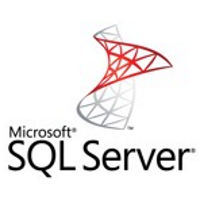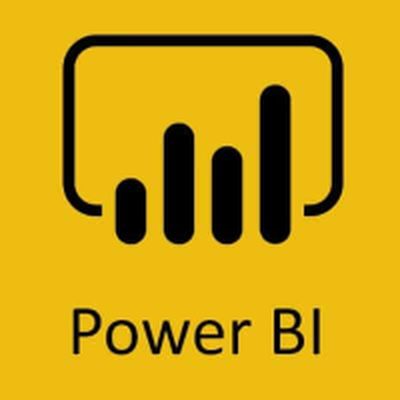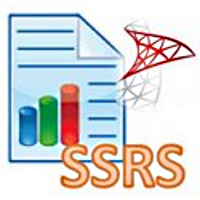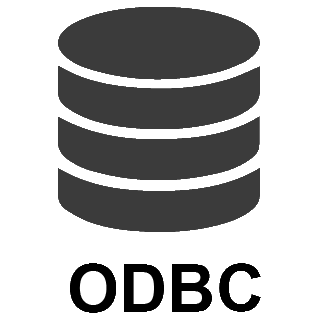How to List Views — Zoho CRM Connector for SSIS
Prerequisites
Before we begin, make sure the following prerequisites are met:
- SSIS designer installed. Sometimes it is referred as BIDS or SSDT (download it from Microsoft).
- Basic knowledge of SSIS package development using Microsoft SQL Server Integration Services.
- SSIS PowerPack is installed (if you are new to SSIS PowerPack, then get started!).
List Views in SSIS
-
Begin with opening Visual Studio and Create a New Project.
-
Select Integration Service Project and in new project window set the appropriate name and location for project. And click OK.
In the new SSIS project screen you will find the following:
- SSIS ToolBox on left side bar
- Solution Explorer and Property Window on right bar
- Control flow, data flow, event Handlers, Package Explorer in tab windows
- Connection Manager Window in the bottom
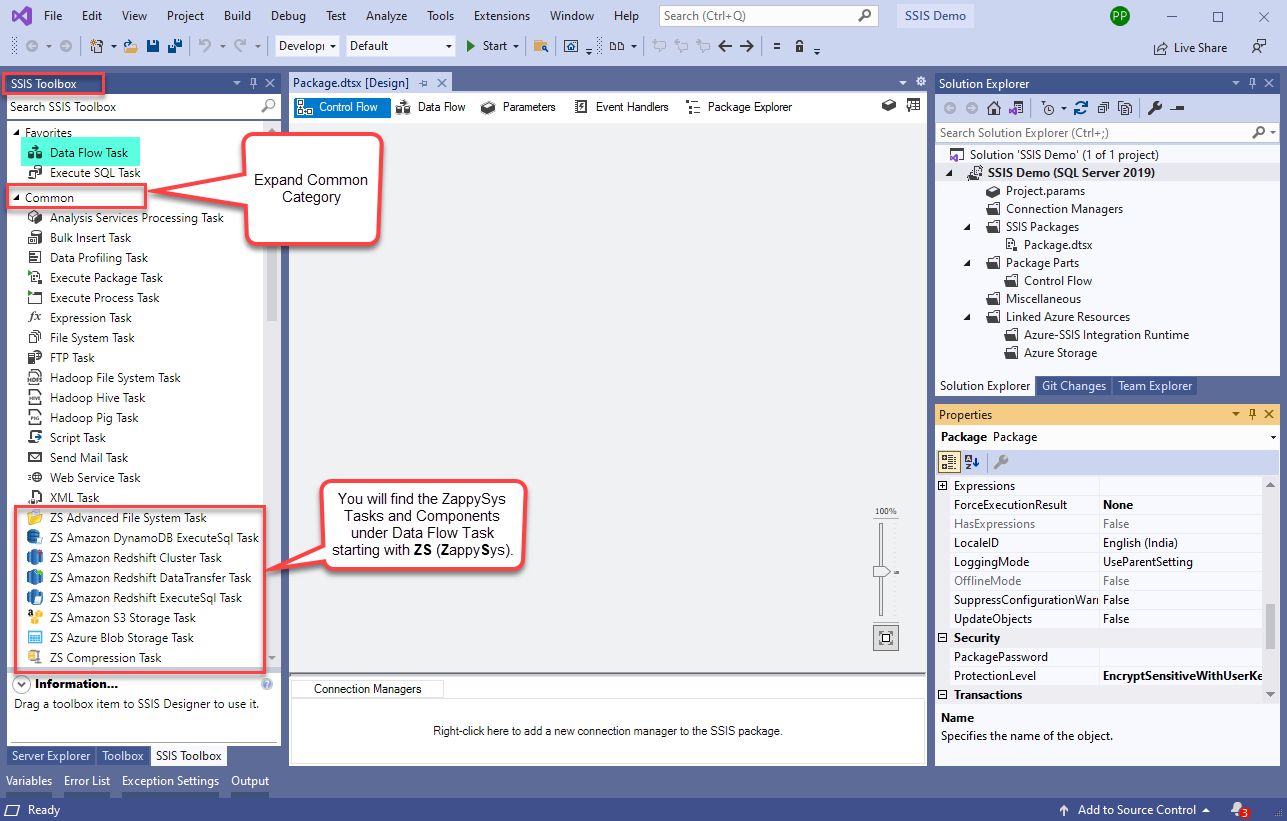 Note: If you don't see ZappySys SSIS PowerPack Task or Components in SSIS Toolbox, please refer to this help link.
Note: If you don't see ZappySys SSIS PowerPack Task or Components in SSIS Toolbox, please refer to this help link. -
Now, Drag and Drop SSIS Data Flow Task from SSIS Toolbox. Double click on the Data Flow Task to see Data Flow designer.
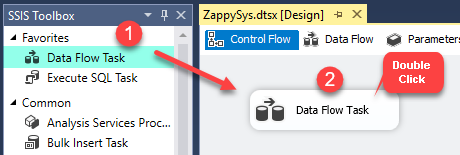
-
From the SSIS toolbox drag and API Source (Predefined Templates) on the data flow designer surface, and double click on it to edit it:
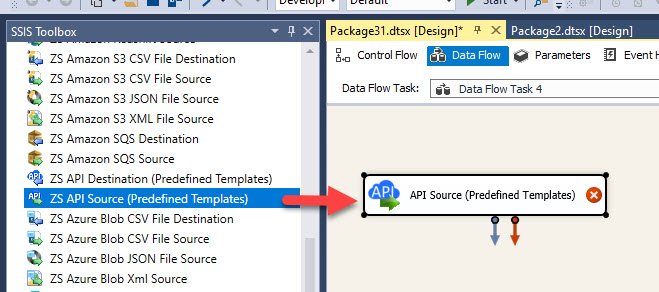
-
Select New Connection to create a new connection:
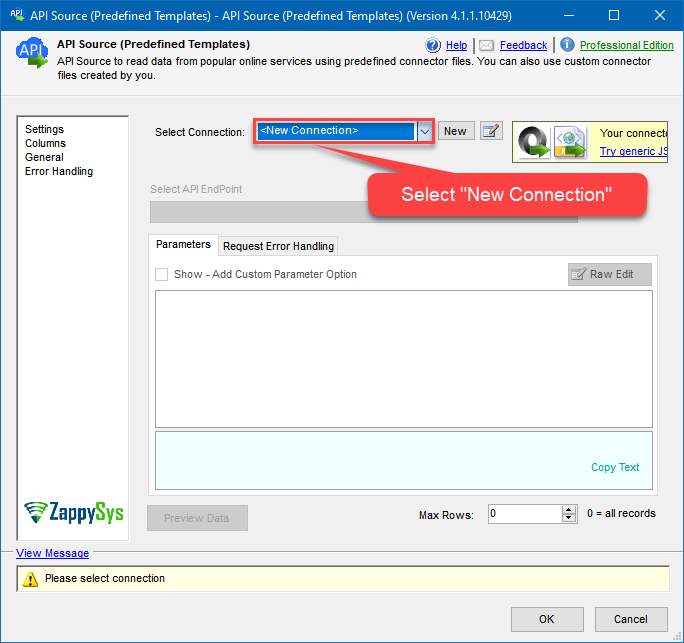
-
Use a preinstalled Zoho CRM Connector from Popular Connector List or press Search Online radio button to download Zoho CRM Connector. Once downloaded simply use it in the configuration:
Zoho CRM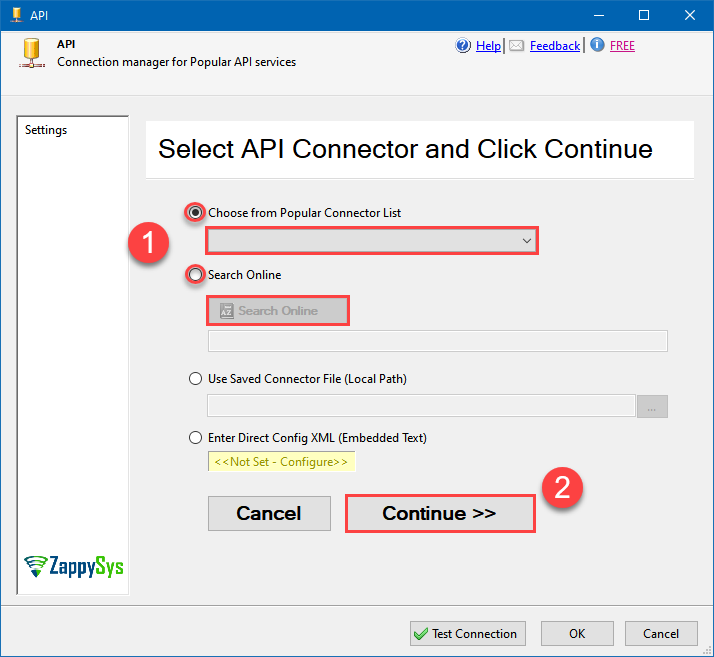
-
Now it's time to configure authentication. Firstly, configure authentication settings in Zoho CRM service and then proceed by configuring API Connection Manager. Start by expanding an authentication type:
Zoho CRM authentication
OAuth Connection for Zoho CRM API [API reference]
To register custom App, perform the following steps (Detailed steps found in the help link at the end)- Go to Zoho API Console
- Click Add Client link
- Select Server-based Applications option
- Enter desired client name (Display purpose only)
- Enter some URL for Company homepage
- For Authorized Redirect URI enter https://zappysys.com/oauth (Or enter your own but we recommend using ZappySys one if possible). This URL must match on Zoho Connector UI.
- Click CREATE.
- Copy Client ID and Secret and paste on Zoho Connector UI.
API Connection Manager configuration
Just perform these simple steps to finish authentication configuration:
-
Set Authentication Type to
OAuth [OAuth] - Optional step. Modify API Base URL if needed (in most cases default will work).
- Fill in all the required parameters and set optional parameters if needed.
- Press Generate Token button to generate the tokens.
- Finally, hit OK button:
Zoho CRMOAuth [OAuth]https://www.zohoapis.com/crm/[$Version$]Optional Parameters ClientId ClientSecret Permissions ZohoCRM.settings.all ZohoCRM.modules.all ZohoCRM.coql.READ AccountUrl https://accounts.zoho.com RedirectUrl https://zappysys.com/oauth API Version v2 RetryMode RetryWhenStatusCodeMatch RetryStatusCodeList 429 RetryCountMax 5 RetryMultiplyWaitTime True 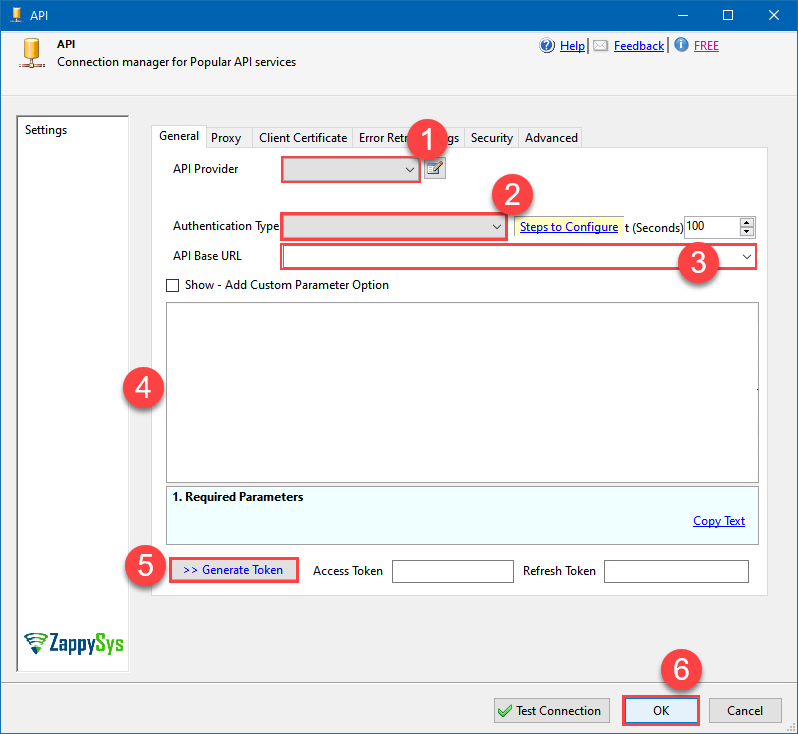
-
Select List Views endpoint from the dropdown and hit Preview Data:
API Source - Zoho CRMZoho CRM Connector can be used to integrate Zoho CRM API in your App / BI Tools. You can exchange data on Accounts, Leads, Contacts and many other modules.Zoho CRMList ViewsRequired Parameters module Fill-in the parameter... Optional Parameters Filter $.custom_views[*] 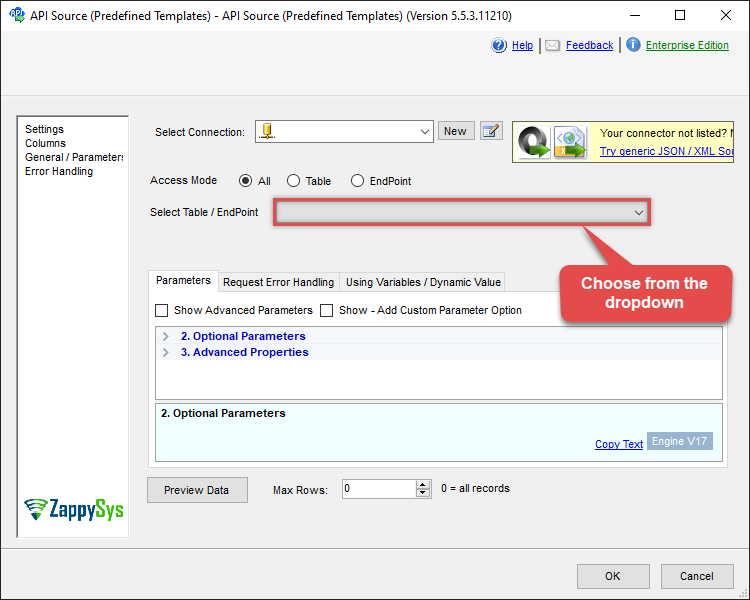
-
That's it! We are done! Just in a few clicks we configured the call to Zoho CRM using Zoho CRM Connector.
You can load the source data into your desired destination using the Upsert Destination , which supports SQL Server, PostgreSQL, and Amazon Redshift. We also offer other destinations such as CSV , Excel , Azure Table , Salesforce , and more . You can check out our SSIS PowerPack Tasks and components for more options. (*loaded in Trash Destination)
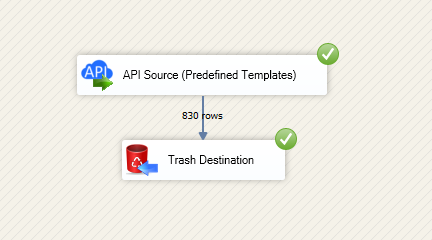
More actions supported by Zoho CRM Connector
Learn how to perform other actions directly in SSIS with these how-to guides:
- Add / Update Tags for records
- Delete [Dynamic Endpoint]
- Gets record count for specific tag for module
- Insert [Dynamic Endpoint]
- List Module Fields
- List Module Settings
- List Modules
- List Tags
- List Territories
- Read [Dynamic Endpoint]
- Read [Dynamic Endpoint] (Use this for fewer than 50 Fields in v3+)
- Read Data (Query Mode - Max 200 Rows Only)
- Search [Dynamic Endpoint]
- Update [Dynamic Endpoint]
- Upsert [Dynamic Endpoint] (Update or Insert)
- Make Generic API Request
- Make Generic API Request (Bulk Write)

